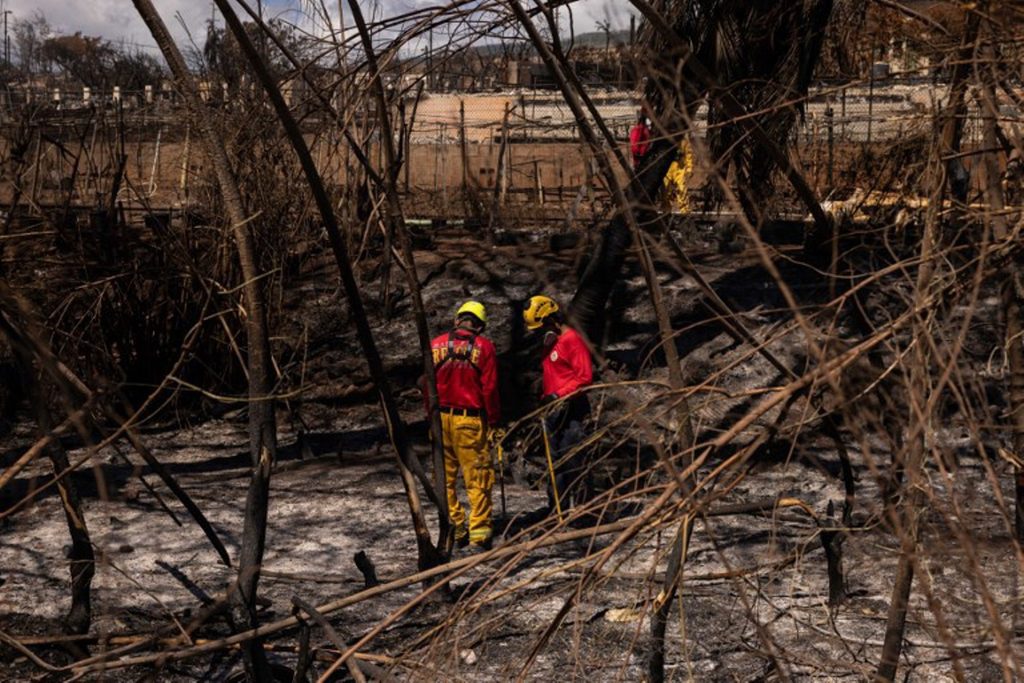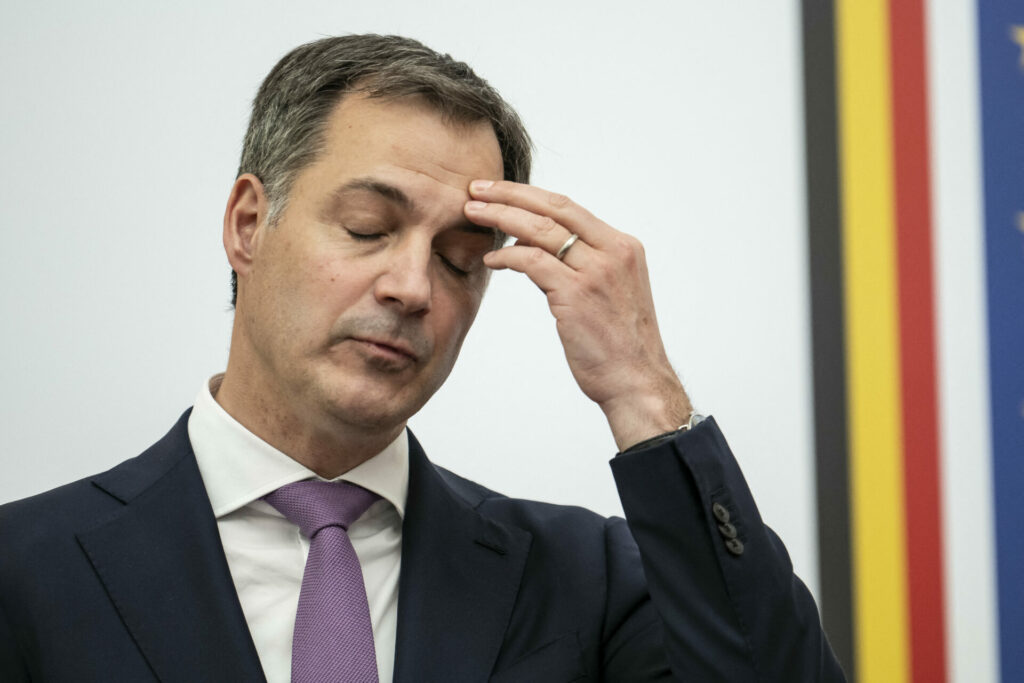Belgian Prime Minister Alexander De Croo back in May stated that, in his opinion, bolstering standards for nitrogen, nature restoration, biodiversity, and additional CO2 emission targets could risk overburdening legislation.
The remarks immediately triggered strong reactions from environmental groups, key government allies – including the Greens and Socialists, and even business leaders who believed that this was not the time for a pause in Belgium's environmental efforts.
Since then, experts have tried to analyse De Croo's rationale behind this departure, exploring whether Belgium truly faced the threat of becoming an "economic wasteland" due to the accumulation of European environmental regulations.
Anti-regulation interests at play?
Upon closer examination, it is evident that some corporate leaders stand behind his proposal. Bernard Delvaux, the CEO of Etex, a Belgian multinational in the construction materials sector employing over 14,000 individuals worldwide, supports De Croo’s call for a pause.
In a recent RTBF interview, Delvaux asserted that Europe's choice to impose regulations in contrast to the United States and China's approach to incentives and subsidies could potentially incentivise investors to establish their manufacturing facilities outside of Europe.
Taking a more nuanced stance, economics professor André Sapir from ULB, a renowned authority in European economics, explained in the same RTBF article that portraying Europe solely as a regulatory-driven environment and the United States solely as an incentive-driven one would be an oversimplification.

Fire in Hawaii. Credit: Belga
Both regions employ a blend of subsidies and binding regulations. The issue lies in recent months, during which the United States has significantly prioritised subsidies. In contrast, Europe's response has been more fragmented, particularly at the level of individual Member States. Sapir believes that this approach could inadvertently breed competition among these nations themselves.
State aid capability is key
Arnaud Zacharie, Secretary General of CNCD 11.11.11, an organisation deeply engaged with global issues, concurs. In the RTBF report, he pointed out that while Europe is gradually allowing more state aid, the ability to wield this tool lies predominantly with financially capable nations.
A notable statistic emerges: 50% of state aid in Europe originates from Germany, with an additional 30% coming from France. Collectively, these two countries contribute 80% of the EU's state aid. The solution, Zacharie contends, necessitates genuine solidarity – a comprehensive economic plan and a coordinated industrial strategy for transitioning.

2023 was the hottest summer ever in Japan. Credit: Belga
It is evident that De Croo's proposition may be an inadequate response to a genuine challenge.
While deferring certain environmental commitments seems illogical, even from an economic perspective in the long run, it is essential to recognise that the current scenario poses economic challenges for Belgium, including heightened competition from neighbouring nations.
Both Zacharie and Sapir advocate for introspection regarding European integration. They underscore the urgency of formulating proactive, solidarity-driven policies at EU level by developing independent funding sources, such as through European taxation, to move away from reliance on Member States' budgets and mitigate latent competition between them.

